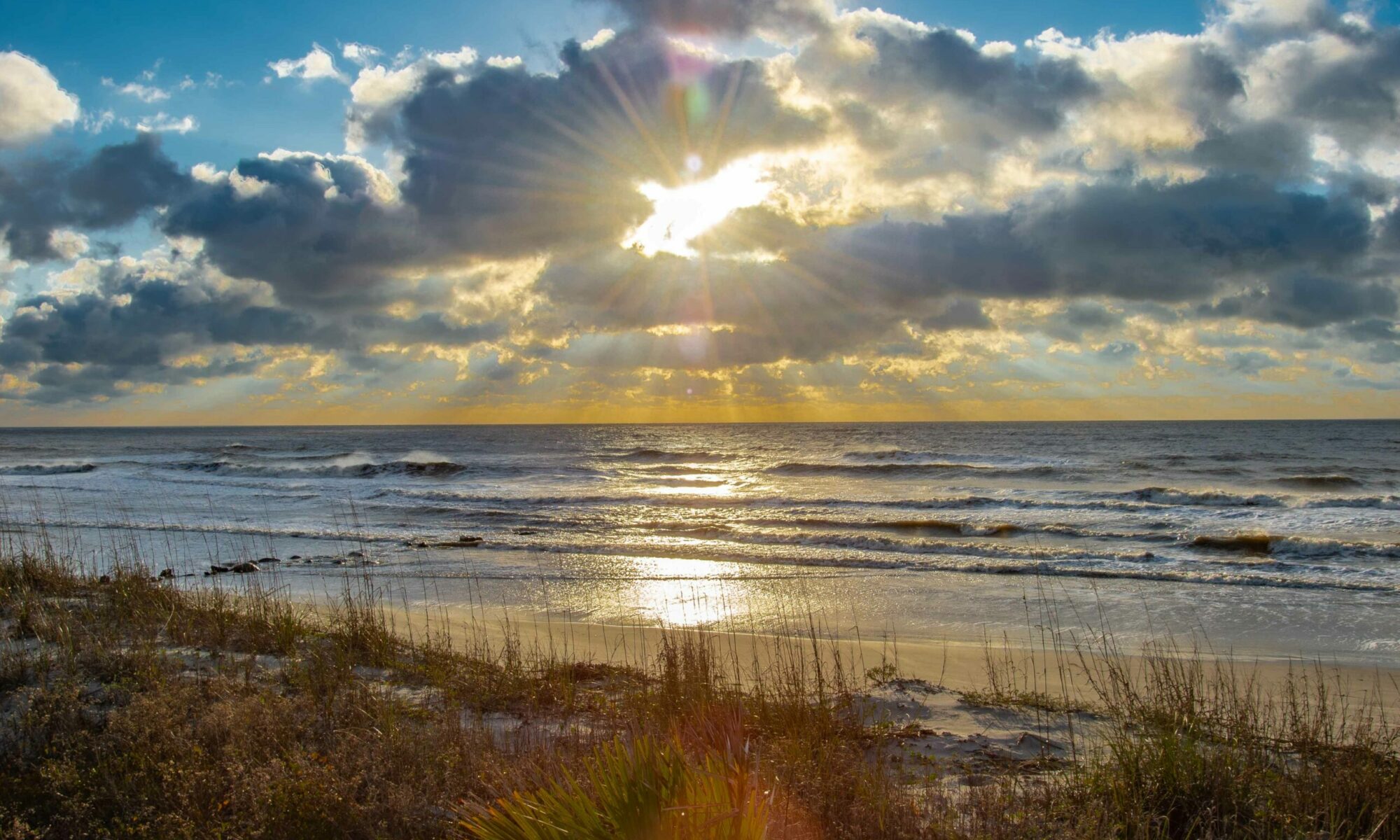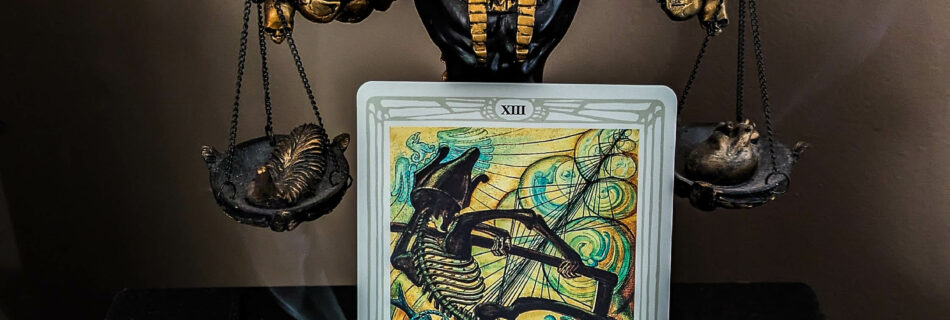A Cry to the Heavens
Awakened from a guttural cry that shook the foundations of my very being, I had released decades of suffering and melancholy in that moment, dream or not. I dreamt of my sister in her comatose state, knowing the end was nigh. When others held hope of recovery, I knew and accepted what was to come. …
Out-back July 2024
Present Participle
In the dying heart of man we find a flameBurnt to ash we fan the phoenixRise unto the highest, the singularityAll dimensions collapsing withinLet this existence drive throughUnto the all knowing mindGrasping at straws we findOur hearts are at the centerNo mystery to solveNo generation to be hadAll is ever as it wasAnd ever as …
Evolution III
Looking back on this journey, I’m blown away by how much has happened in such a short span of time. I mean it’s been nearly a decade since what I now recognize as the beginning of this part of my evolution, but after nearly half a century of life, that doesn’t seem like much in …
New Adventures
So many adventures lately and so much work to do. I’ve taken photos and never edited them, and haven’t taken much time to write things down as I should. I hope to write down some of these adventures and share with everyone. For now, here are some of the highlights. From the vineyards of Georgia …
Atu XIII – Death
“The ties that bind us, the scythe cuts us free.” The death(s) that we all suffer are numerous and far reaching. It is a necessary part of life in which we are freed from old patterns, connections and ways of being that no longer serve us. Sometimes we pick and choose which strings to cut …
One Night Stand
Spring Out Back
Jordan Lake, Apex NC
With the rain, came warmer weather, and a chance at some prime camping spots during the off-season. I only wish I had more time to enjoy this visit.











